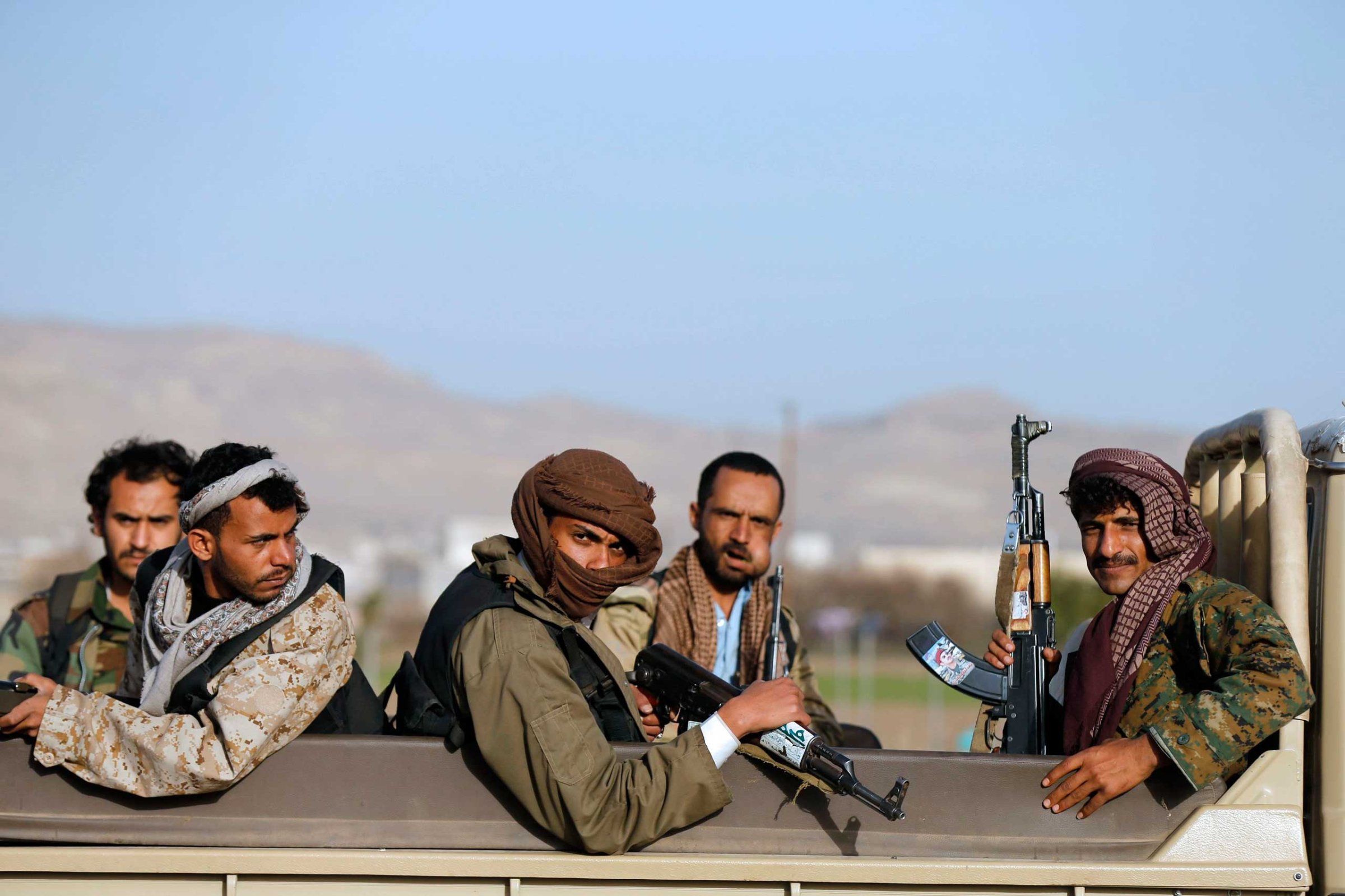
The U.S. has decided to reduce its embassy staff in Yemen following the collapse of the nation’s government at the hands of rebel Houthi fighters.
“The safety and security of U.S. personnel is our top priority in Yemen,” White House spokesperson Jen Psaki said in a statement. “We are evaluating the security situation on the ground on an ongoing basis. We call on all parties to abide by their public commitments to ensure the security of the diplomatic community, including our personnel.”
The move comes four months after U.S. President Barack Obama lauded Yemen as a model for “successful” counterterrorism partnerships.
The reduction of embassy staff, mainly in response to the security situation, comes at a time when Washington is trying to secure partnerships in the war against the Islamic State of Iraq and Greater Syria while trying to limit Iran’s influence in the region, according to Reuters.
The situation is alarming neighboring Saudi Arabia, which sees Tehran’s military and financial support for the Shi‘ite Houthis as a sign of their growing regional clout.
Former Yemeni President Abdel Rabbo Mansour Hadi, who resigned Thursday along with a slew of government officials, was seen as a key ally in the war against jihadist groups like al-Qaeda. However, the Houthis, who now control the capital, are said to loathe al-Qaeda as much as they do the U.S., reports Reuters.
Hadi’s resignation will “absolutely” limit drone strikes and counterterrorism operations in the immediate future, a former U.S. official told the news agency.
More Must-Reads From TIME
- The 100 Most Influential People of 2024
- Coco Gauff Is Playing for Herself Now
- Scenes From Pro-Palestinian Encampments Across U.S. Universities
- 6 Compliments That Land Every Time
- If You're Dating Right Now , You're Brave: Column
- The AI That Could Heal a Divided Internet
- Fallout Is a Brilliant Model for the Future of Video Game Adaptations
- Want Weekly Recs on What to Watch, Read, and More? Sign Up for Worth Your Time
Contact us at letters@time.com